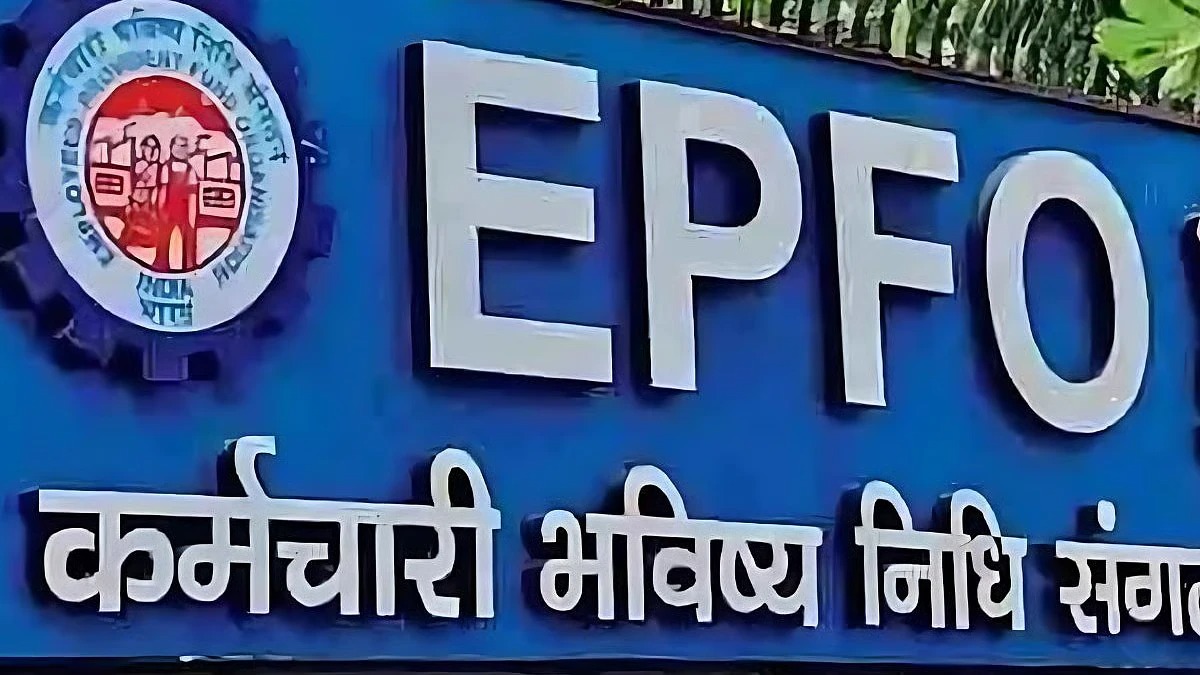A.C. Upadhyay
1. By filing this revision application u/s 397 CrPC read with Section 482 CrPC, the petitioner has put on challenge the judgment and order dated 1.12.2010, passed by the learned Addl. Chief Judicial Magistrate, Kokrajhar in Case No.61 m/10, u/s 125 CrPC, whereby the petitioner was directed to pay a sum of Rs. 4,000/- for the respondent-wife and Rs. 2,000/- for the minor child as monthly maintenance allowances w.e.f. 1.6.2010 until further order. Heard Mr. J. Ahmed, learned counsel appearing for the petitioner and Mr. D.C.C. Phukan, learned counsel appearing for the respondent.
2. The facts leading to the filing of this revision application may be summarized as follows -
The petitioner, got married with the opposite party-wife, an educated lady, on 7.11.2004, as per Islamic shariat and started living together peacefully as husband and wife. During their conjugal life, a male child was born, named Arjan Islam. However, after six (6) months of their marriage, the petitioner-husband started torturing the second party-wife, physically and mentally, by demanding dowry from her parents. The petitioner also had the habit of taking wine and used to have extramarital relationship with girls and when the respondent-wife raised objection to the misdeeds, she was driven away the by assaulting her. However, the respondent-wife thinking about the future of the child ignored all kinds of torture meted out to her by the petitioner-husband. However, subsequently, the petitioner-husband started to pressurize the respondent-wife to bring a sum of Rs. 5,00,000/- from her father. When the respondent-wife informed the petitioner that her father would not be able to met the demand of huge amount of money, the petitioner drove her out from the house along with the minor child and also threatened her with dire consequences that if she failed to bring the money he would marry another girl. The petitioner having no alternative took shelter in the house of her parents and since then she has been living with her parents. Though several attempts were made for amicable settlement of the dispute, everything went in vain. The petitioner is dealing in coal business and also having cultivable land and RCC house and earns Rs. 18,000/- to Rs. 20,000/- from various sources.
3. The petitioner-husband entered appearance before the trial Court by filing written statement denying all the allegations made in the complaint. The petitioner-husband took the stand that on 10.1.2010, a meeting was convened for settling the dispute between the husband and the wife. It has been alleged by the petitioner-husband in the written statement that the respondent-wife took away a cash amount of Rs. 40,000/- and 5 Bon''s of gold with her. On the next date, when the petitioner visited the residence of the parents of wife-respondent, but according to the petitioner, the parents of the respondent -wife demanded Rs. 5,00,000/- from the petitioner. On the basis of the pleadings of the parties, the following points for determination were chalked out for just decision of the case by the learned trial Court..
a) Is the 1st party legally married of the 2nd party.
b) Is the child in question the legitimate or illegitimate child of the 2nd party.
c) Is the 1st party unable to maintain herself and her minor child.
d) Is the 2nd party refusing or neglecting having sufficient means to provide maintenance to the 1st party for her and her minor child.
e) Is the 1sy party entitled to get monthly separate maintenance for herself and her child? If so, what would be suitable quantum.
4. On careful perusal of the materials on record and the submissions advanced by the learned counsel for the parties, I find that it is not disputed that the 2nd party-respondent is the lawfully married wife of the petitioner-husband. It is also not disputed that the minor child named Arjan Islam was born to the parties and he is the legitimate minor child of the petitioner. There is not dispute of the fact that the respondent-wife does not have any source of income. The petitioner also did not claim that his wife has any source of income to maintain herself and the minor child.
Admittedly, the respondent-wife is at present residing with her parents with the minor child and the petitioner has not provided her shelter in his house.
5. Learned counsel appearing for the petitioner-husband has admitted that the petitioner has married another woman subsequently and at present he is living with her.
6. It has been stated by the respondent-wife in her deposition that the petitioner is having four numbers of trucks along with a Car and landed property along with house where from he earns Rs. 20,000/-. Regarding income of the petitioner-husband, a certificate of salary of Rs. 2,000/- was exhibited by the petitioner-husband before the trial Court. However, certificate was not proved by examining the person, who had issued the certificate. The learned trial Court has observed that in Muslim marriage Dower amount is fixed on the basis of the financial condition of the husband. Admittedly, the deferred dower was Rs. 5,00,000/-. Therefore, judging by the deferred Dower of the marriage, the financial status of the petitioner-husband cannot be said to be very poor. On the other hand, there is no reason to disbelieve of the statement of the wife who has claimed that her husband had four trucks, one car and RCC building to live on.
7. The petitioner has stated that he was threatened by the in-laws of the respondent-wife. Further more, he has already married once again after living the company of the respondent-wife. The financial position of the petitioner, appears to be capable enough to support and maintain his wife and minor child, who are unable to maintain themselves. The above factors clearly substantiate that the petitioner despite being capable of maintaining his wife and children, who are unable to maintain them, is refusing to maintain them, and therefore, respondent wife is justified in claiming maintenance allowances from the petitioner-husband. More so, the petitioner married another lady after leaving the company of the respondent wife.
8. The Apex Court, in
9. This court is of the considered view that since the object of Section 125 Cr. P. C. is to prevent the vagrancy and destitution, it has a civil purpose to fulfill and in arriving at any finding in relation to an application there under the Courts must look to the substances rather than to the form, must avoid strict technicalities of pleadings and proof and must make a realistic approach to the material available on record, so that purpose aforesaid is not frustrated.
10. While exercising the revisional jurisdiction u/s 401 Cr. P. C., is not re-appreciating the statement of PWs and DWs and also not going to see as to whether there is sufficiency or insufficiency of evidence in coming to the finding by the Trial Court while passing the impugned judgment and order. But this court while exercising the revisional jurisdiction is only required to see as to whether the finding made by the Trial Court in the impugned judgment and order are perverse or in other words based on no evidence.
11. On careful evaluation of the entire facts and circumstances I do not find any justification to interfere with the findings of the learned trial Court.
12. Learned counsel for the petitioner submits that the amount of Rs. 6,000/- is on the higher side of the maintenance allowances and he is incapable of payment of such huge amount of money. Considering the financial status of the petitioner, the amount of maintenance allowance awarded by the learned trial Court is neither penurious nor luxurious.
13. Considering the facts and circumstances, keeping in view of the submissions advance by the learned counsel for the parties, I do not find any good reason to interfere with the findings of the trial Court. Accordingly, the revision petition is dismissed.
14. The petitioner is directed to make the payment of the arrear dues within a period of six (6) months from today. Further, the monthly maintenance allowances amounting to Rs. 6,000/-, per month for the respondent-wife as well as the minor child shall be deposited in the bank account of a nationalized bank of the respondent-wife. The petitioner may do the needful by instructing his banker to transfer the aforesaid maintenance allowance from his account to account of the respondent wife, in the first week of every month.
15. Learned trial Court may, in the event of failure of the petitioner to carry out the direction to make payment of the maintenance allowance, pass necessary order as may be deemed fit and proper. With the above observation and direction, this application stands disposed of.

